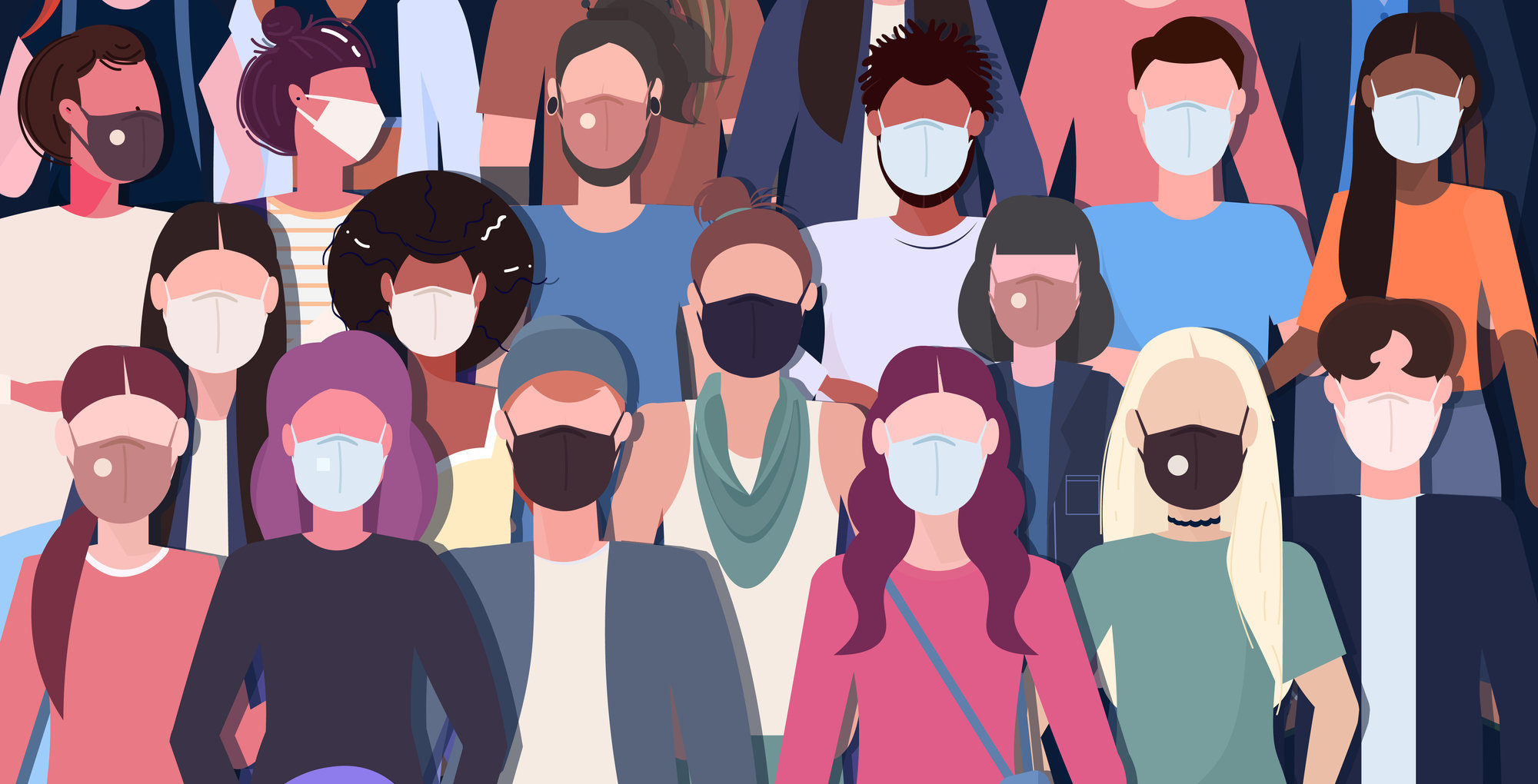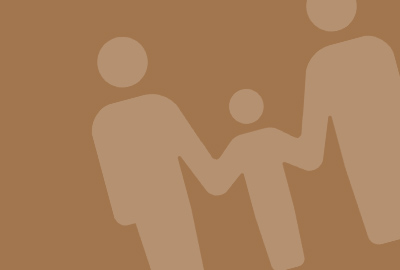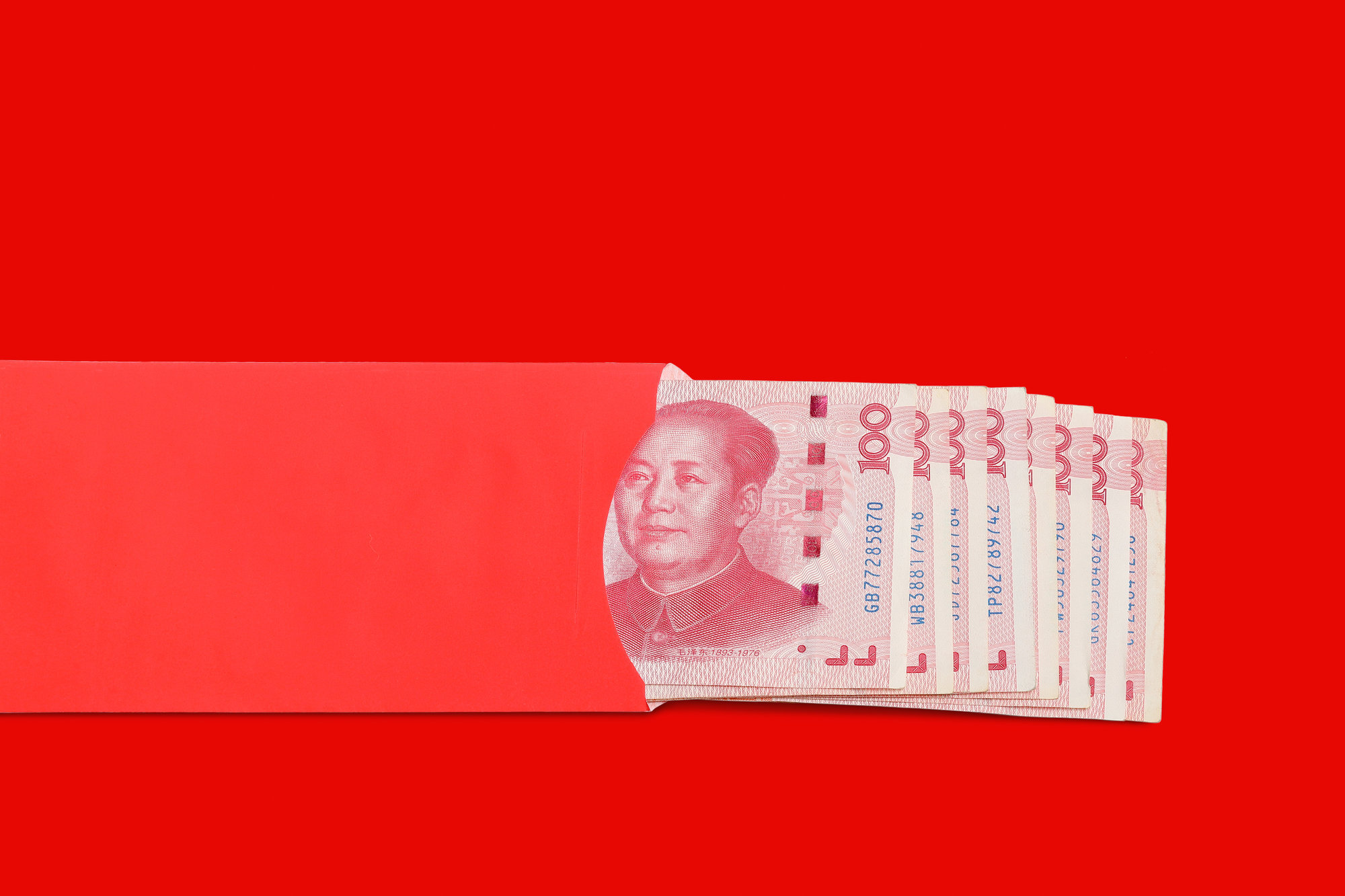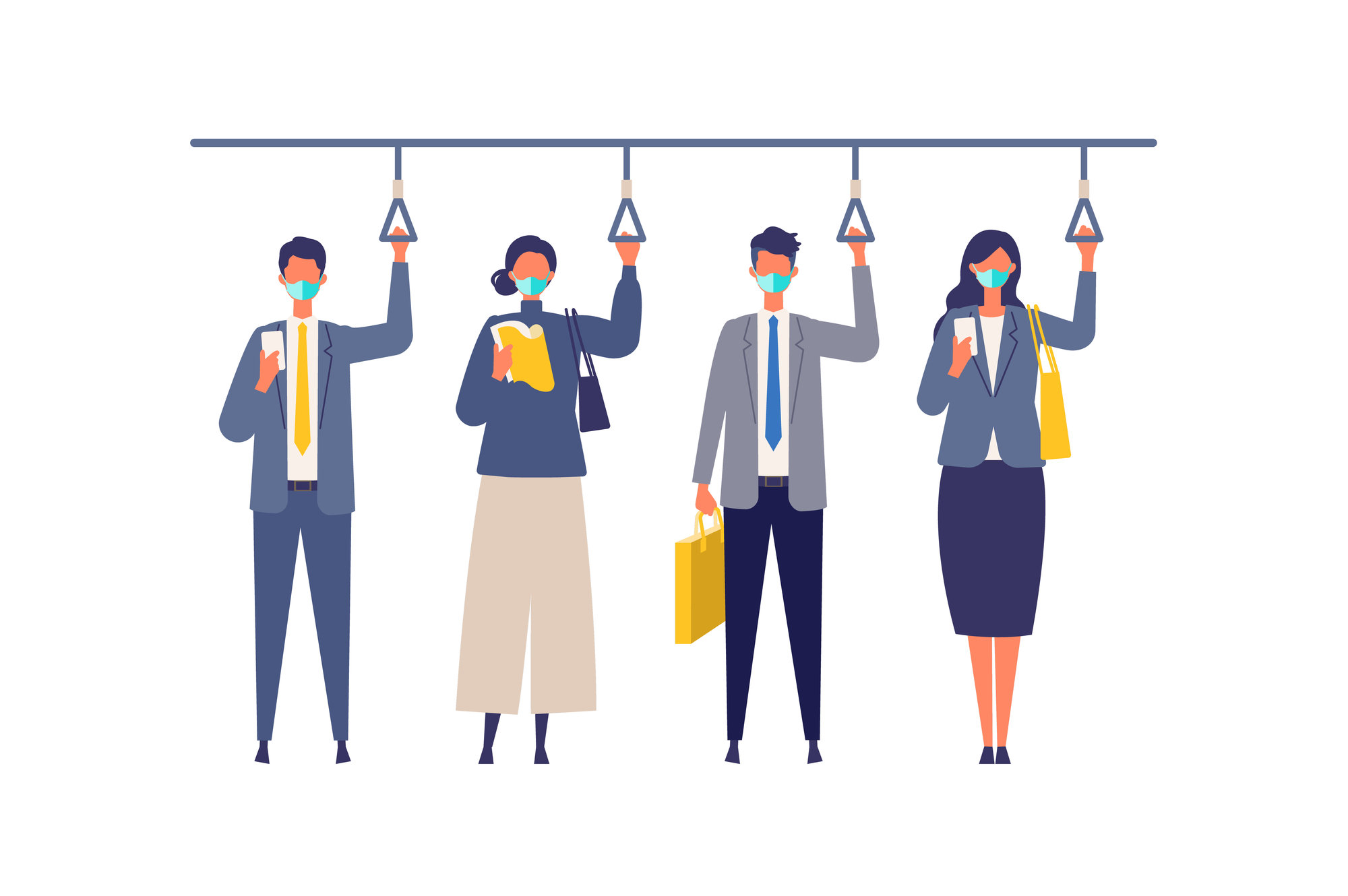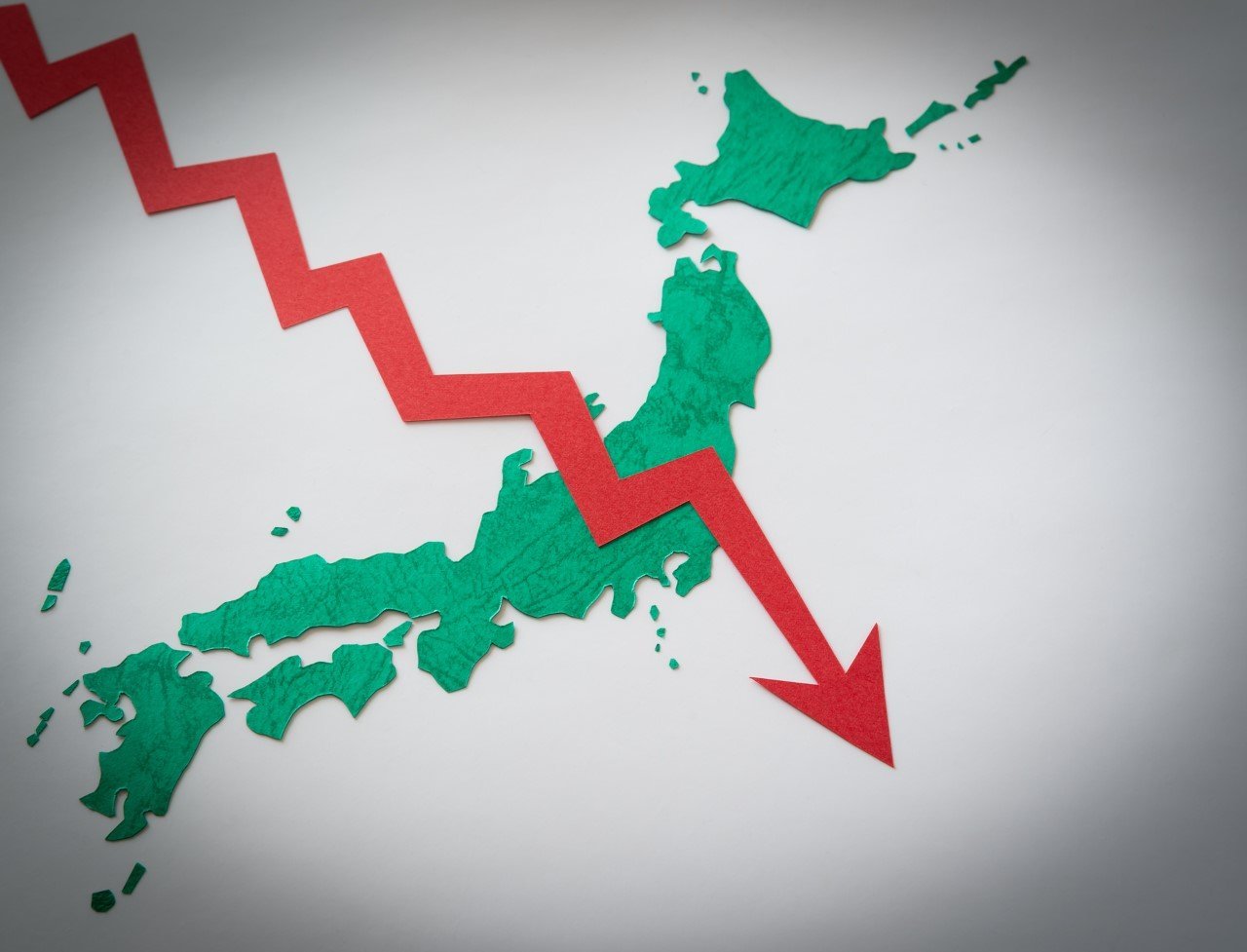2022/03/03
"The Social Function of Interdependent Happiness in a Time of Pandemic" by Hitokoto Hidefumi (Associate Professor, School of Humanities Kwansei Gakuin University) and Takahashi Yoshiaki (Professor, Department of Economics Meikai University)
The impact of COVID-19 pandemic has extended to the social life of individuals and to the social economy that underpins it. In particular, a number of socio-behavioral patterns such as social distancing, the stay home lifestyle, and shortened business hours, widely practiced as countermeasures against the pandemic, are widely accepted as coping behaviors that rely on people's close relationships. As of 2021, they have now become established behavior in people's social lives.
In such a social situation, it is especially required for people to have good relationships with family members and to lower the risk of ill-health. Even before a pandemic, happiness, which is at the core of well-being, has been pointed out to mean a psychological sense of quiescence and harmony in social relationships across cultures (Delle Fave et al., 2016). Hence, the pandemic can be seen as a threat to well-being itself.


